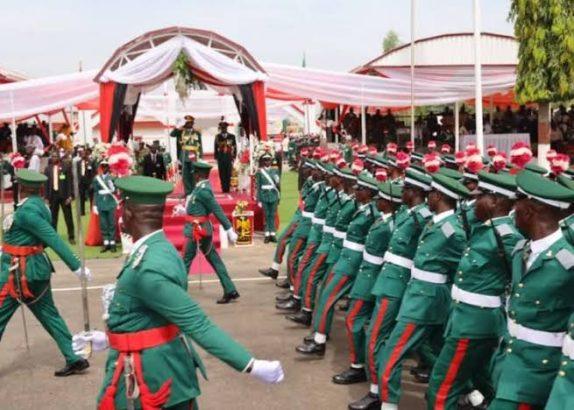The Chief of Defence Staff, General Christopher Musa, says the military will train trusted youths across Benue State to serve as vigilantes to protect their communities from terrorist attacks.
Speaking during a meeting with traditional rulers in Makurdi on Tuesday, Gen. Musa said the approach, if successfully used in Borno State, will be replicated in Benue State to tackle the unending wave of violence
The defence chief warned community leaders to help identify and curb criminal elements within their domains, stressing that sabotage will not be tolerated.
“The military cannot do it alone. We need the full cooperation of the communities, their leaders, and the clergy. Some of the attacks clearly show insider knowledge, and that’s why we need a united front
“We are tired of innocent souls being killed. We’re here to ensure it stops,” Gen. Musa declared.
Benue has been a hotbed of violence, with over 160 people killed in the past two months alone, with at least 59 residents killed last Friday, in an overnight raid that displaced more than 3,000 people in the Yelewata area of the state.
Read also:
- Nigerians slam top Clergy over silence on Benue killings amid rising death toll
- Joint Task Force vows to restore peace in Benue
- IGP arrives Benue to conduct firsthand assessment
In a related development, the Nasarawa State Governor, Abdullahi Sule, visited his Benue State Governor, Hyacinth Alia, to commiserate with the people over the Yelewata attack and donated ₦150 million to support internally displaced persons.
He also urged both states to work together to end the violence.
The growing death toll in Benue State has sparked national outrage and even drawn global attention.
Pope Leo XIV condemned the “terrible massacre,” while President Bola Tinubu has ordered immediate action.
He directed Gov. Alia to initiate peace talks and reconciliation efforts between farmers and herders, and instructed service chiefs to end the violence without delay.
Gen. Musa, alongside the Inspector General of Police, Kayode Egbetokun, also visited the affected areas and asked field commanders to review their strategies and clamp down on attackers.





